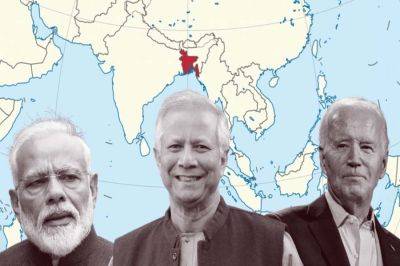Over the limit: Relentless work is India’s new noxious normal
The untimely death of 26-year-old chartered accountant Anna Sebastian Perayil, just four months into her tenure at Ernst & Young, is a devastating reminder of the toxic and unsustainable work culture that permeates India’s white-collar industries.
What began as a promising career for Anna ended in tragedy. Her passing is more than just a personal loss for her family and friends; it reflects a systemic issue that’s pushing countless young professionals to the brink.
Corporate India, in its glorification of relentless work, is fostering an environment where overwork is celebrated as dedication, with no regard for its destructive effects on mental and physical health. The result: a silent epidemic of burnout has reached a tipping point.
Anna’s tragic experience is all too familiar for many professionals working in India’s multinational corporations (MNCs). Reports suggest that she was overwhelmed by pressure, which led to severe anxiety, sleepless nights, and, ultimately, a catastrophic collapse in her health.
In a heart-wrenching letter, Anna’s mother, Anita Augustine, shared that her daughter was regularly assigned tasks beyond her capacity, often during the night, with the justification: “that’s what we all do.”
This mentality—that overwork is simply part of the job—has become ingrained in corporate India. The normalization of excessive hours and unhealthy work conditions, particularly in high-stress environments like the IT and consulting sectors, is accepted as the price of success.
But the price is far too high. According to a 2021 Deloitte survey, 80% of Indian employees report feeling stressed at work, with over 60% citing unmanageable workloads and a lack of work-life balance. Employers can no longer afford to







